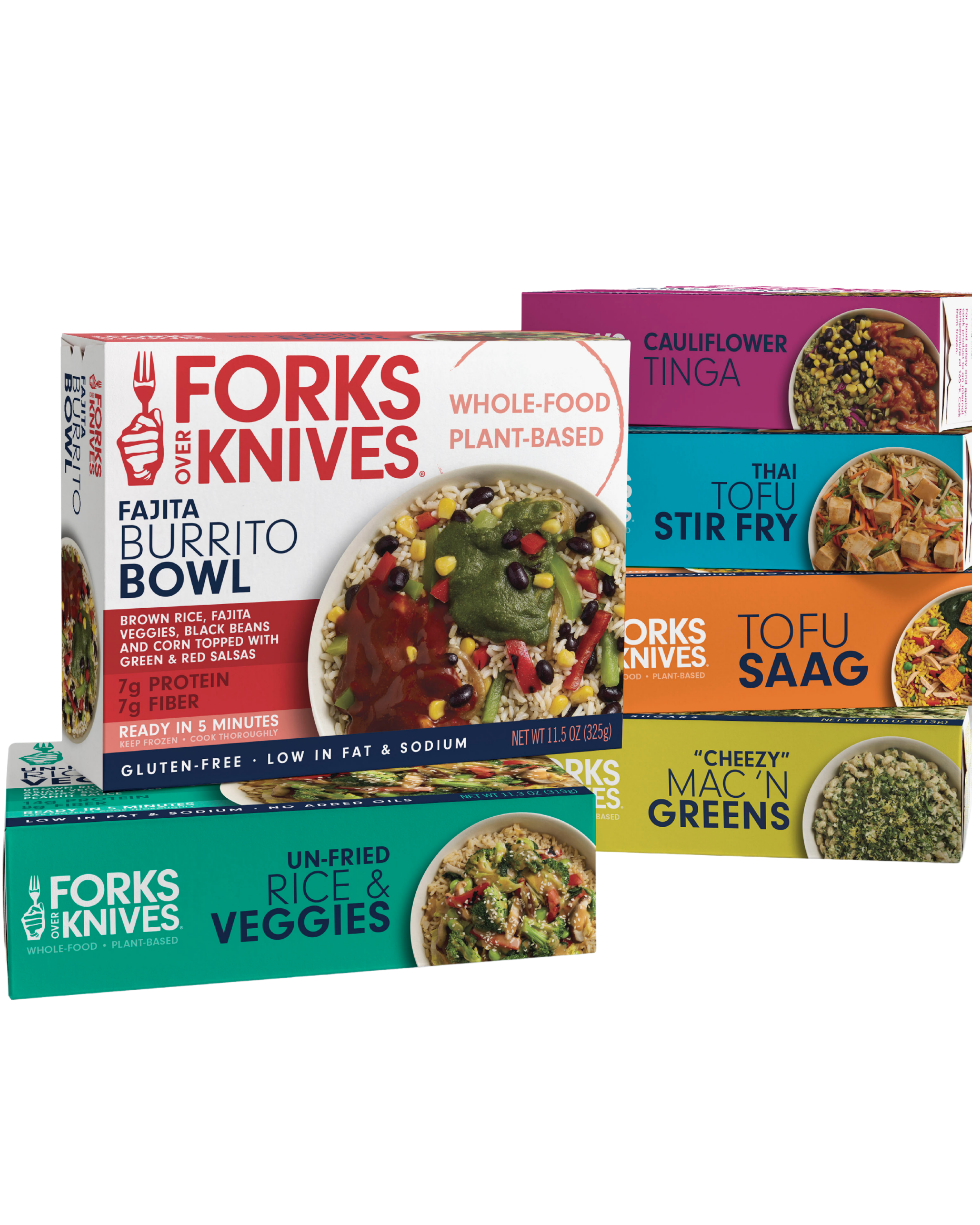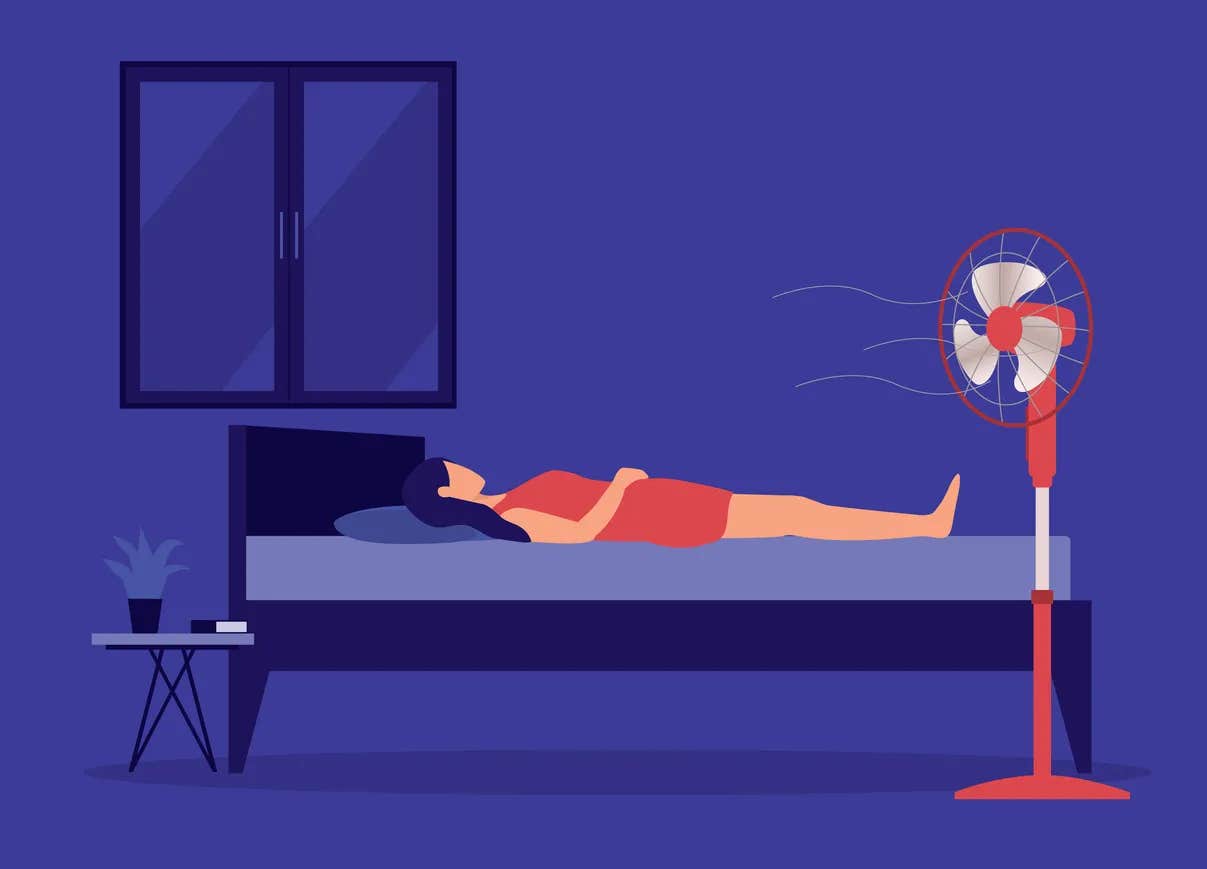Why should we eat beans? There are so many reasons!
For Longevity
Beans and other legumes (lentils, peas, etc.) are the most important dietary predictor of longevity in people of different ethnicities. Among 785 older adults in several countries, each 20-gram increase in daily legume intake resulted in a 7 to 8 percent lower risk of dying during the study period. No other food groups consistently predicted survival. Similarly, legumes are a dietary staple in the “Blue Zones,” areas of the world known for longevity.
To Reduce Your Risk of Heart Disease
Eating legumes four times a week or more, compared to less than once a week, confers a 22 percent lower risk of coronary heart disease. Research also shows that legumes lower blood pressure and that a single serving of beans a day can reduce LDL (bad) cholesterol by 5 percent!
To Protect Against Diabetes
Eating legumes helps prevent type 2 diabetes, and it improves blood sugar control in people who already have diabetes.
For Weight Management
Legume-based meals have been shown to be more satiating than animal-based meals, probably due to the combination of fiber, protein, and slowly digested carbohydrate. Regular legume eaters have healthier body weights than those who do not eat these foods regularly, and legumes can help people lose excess weight.
For Essential Nutrients
Legumes are rich in protein, fiber, iron, antioxidants, and other essential nutrients. What about lectins? Well, most of these are destroyed by cooking, and those that remain may have important anticancer benefits.
Plus, beans are delicious, versatile, and inexpensive!
What about gas and bloating? If you’re not used to eating legumes, start slow, and try lentils, split peas, and smaller beans first. Your body will adjust gradually. Also try rinsing canned beans well, cooking them thoroughly, sprouting beans before cooking, soaking beans longer or doing double soaks, adding a strip of kombu seaweed, and eating fermented legumes such as tempeh.

Related News
New Frozen Meals!

Introducing our new frozen meals: Doctor-recommended, chef-crafted, & ready in minutes.


